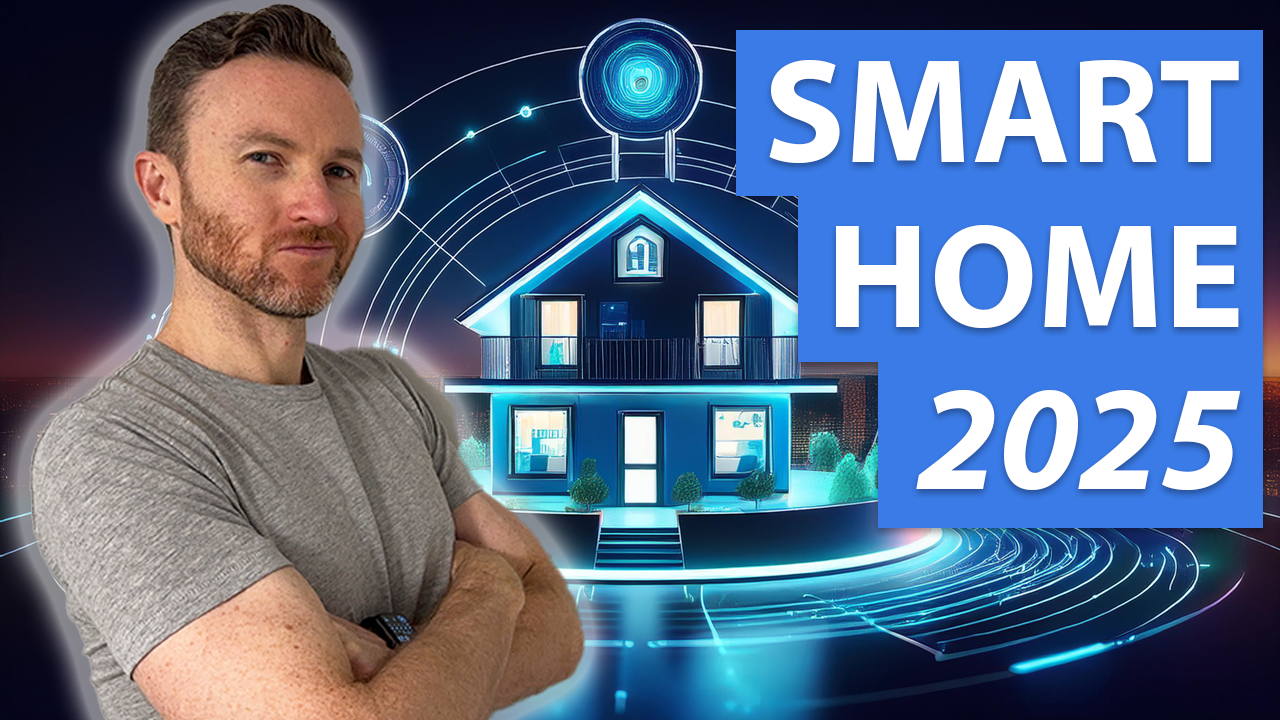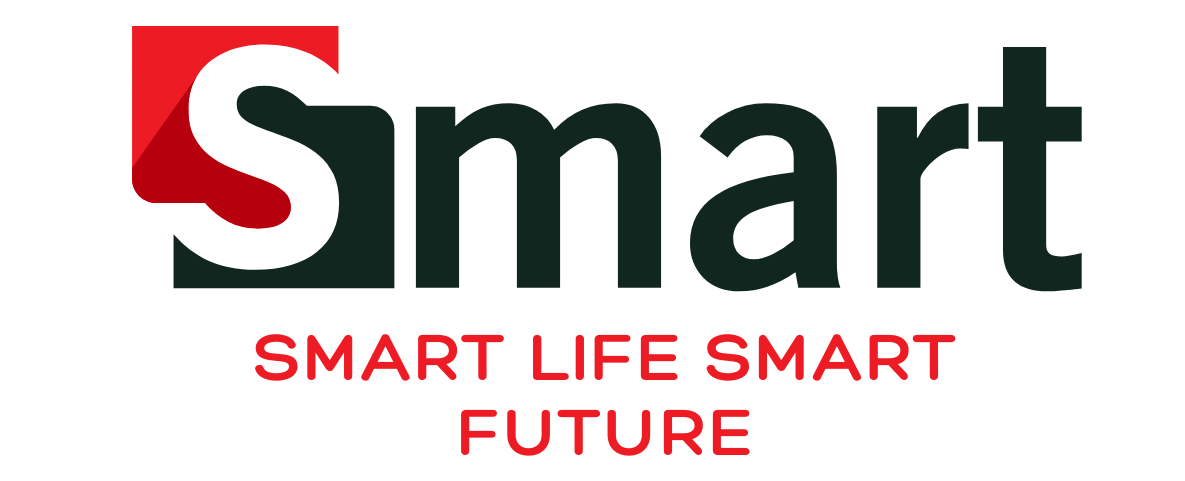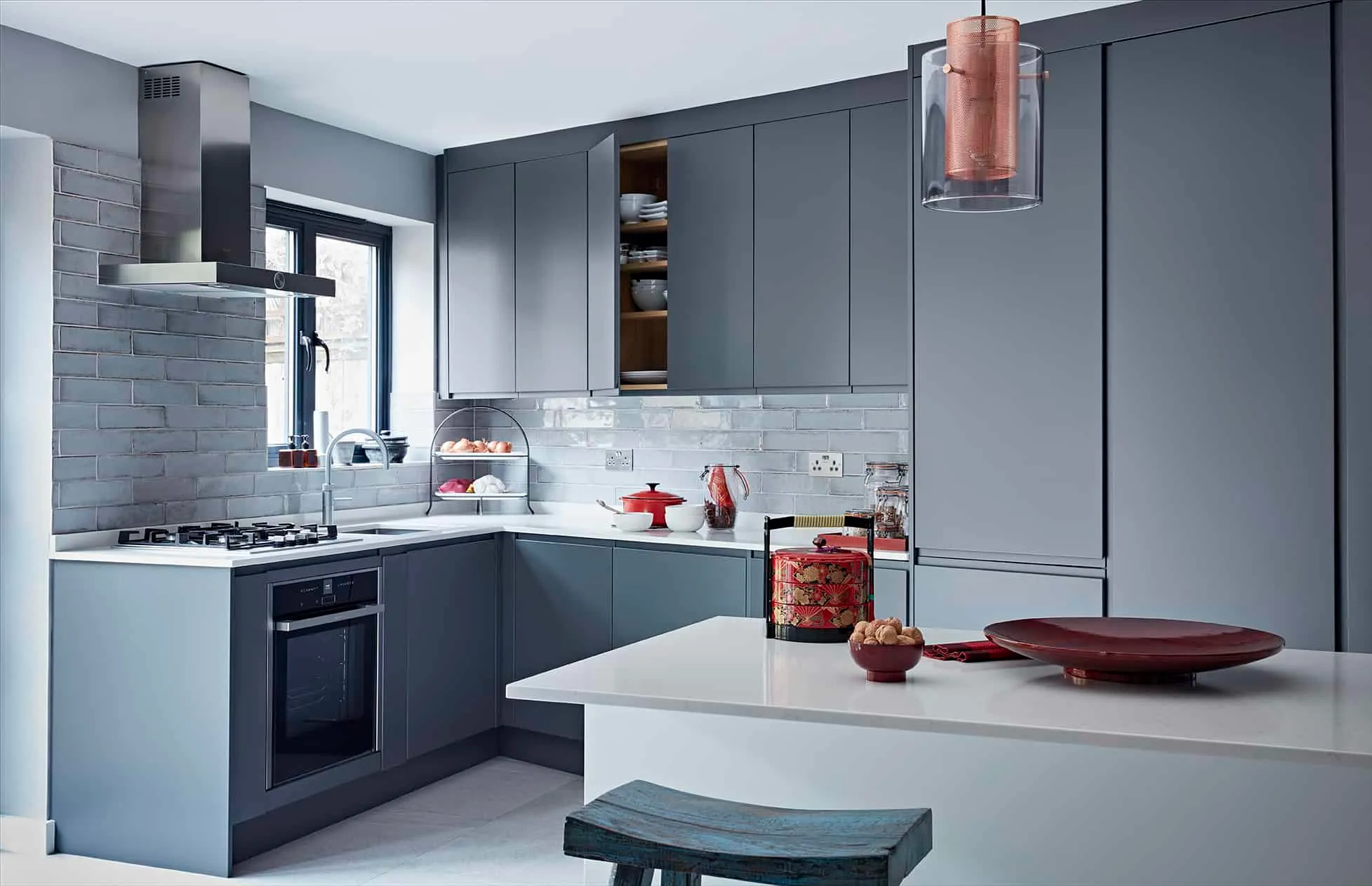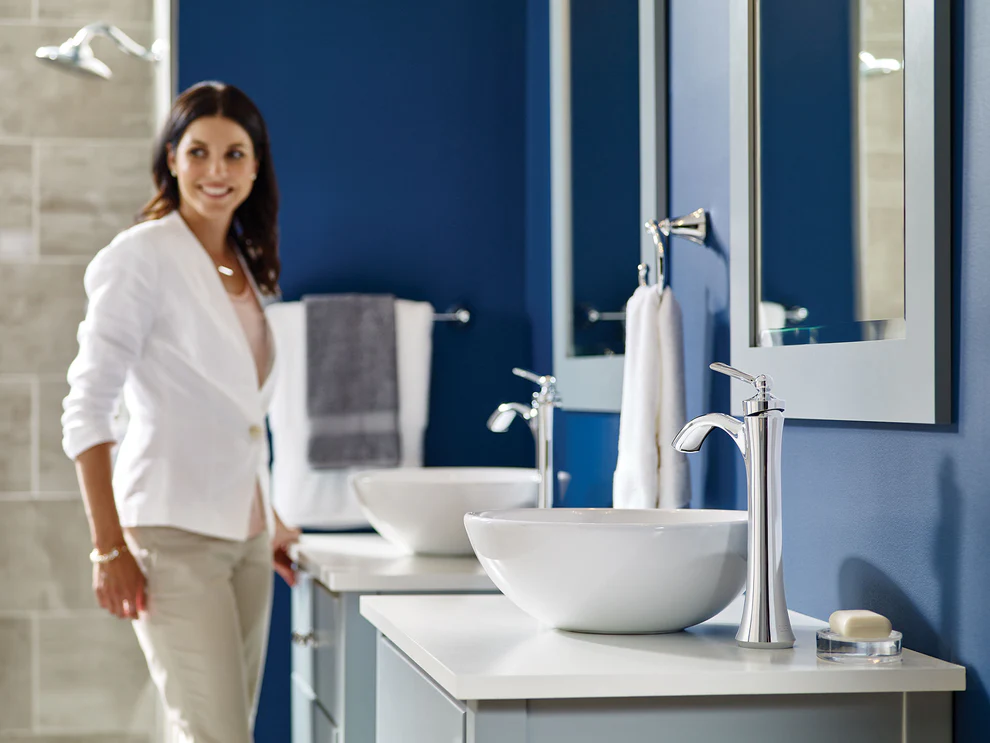
With rapid technological advancement, smart homes have become more intelligent, connected, and efficient. 2025 will be a game-changer for the industry, with innovations targeting the increasing demand for convenience, sustainability, security, and wellness. According to experts, some groundbreaking trends are going to set the way for interaction with homes and make them truly aligned with modern life. Here’s a look in detail at some of the key trends expected to define smart homes in 2025

1. Smarter Energy Management: Efficiency Meets Sustainability
Energy efficiency has been at the heart of smart home technology, but it is going to a whole new level in the year 2025. Due to increased energy prices and ecological problems, smart home systems will introduce complex solutions for energy management to enable householders to save while reducing their carbon footprint.
Key Innovations to Expect:
AI-Powered Optimization: It means systems like the Google Nest or Ecobee Smart thermostat will, through AI, learn operating habits and set those on default, further conserving energy and still keeping one’s comfort intact. Integration of Renewables: Seamless connections between the residence, solar paneling, wind turbine, and updated energy including the Tesla PowerWall-for harnessing extra generated energy for usage later.
Smart Grid Integration: Dynamic energy management systems will let homes communicate with smart grids to manage energy consumption optimally, in a timely fashion based on pricing and grid demand.
Through the integration of these technologies, homeowners will experience reduced utility bills, decreased energy waste, and increased sustainability.
2. Water Enhancements: Intelligent Conservation for the Future
Water conservation is fast becoming an essential issue that concerns the entire world. Smart homes are upping the ante with various technologies aimed at optimizing water use.
Emerging Water-Saving Solutions:
- Smart Irrigation Systems: Advanced irrigation technologies make use of AI in monitoring soil conditions, weather forecasts, and plant needs and deliver water only when actually needed. Such systems ensure efficient watering without excess waste.
- Leak Detection Sensors: Intelligent sensors detect the leak and provide instant alerts to the owners while preventing water damage and waste.
- Grey Water Recycling: Homes will have greywater collection systems that will allow reutilization of water coming from the sinks and showers for irrigation purposes, flushing toilets, and other non-potable uses.
These advancements will save not only water but also make homeowners more responsible in their contribution to overall sustainability in water resources globally.
3. Improved Security Systems: Smart, Safer Homes
Smart home security systems are progressively getting advanced to provide better protection that would be more proactive. Smart home security shortly, combined with the power of advanced AI, will become more intuitive and adaptive.
Top Security Innovations to Watch in 2025:
- AI-Powered Surveillance: Smart cameras will be able to make intelligent distinctions among familiar faces, intruders, and false alarms with the use of facial recognition and behavioral analysis.
- Biometric Authentication: Advanced smart locks and access systems will further enhance security and alleviate risks long associated with traditional keys by utilizing a fingerprint, voice recognition, or facial scan.
- IoT Cybersecurity: The increased connectivity within homes will see cybersecurity solutions there to protect your devices and data from any form of cyber threat, hence protecting privacy and ensuring the integrity of the smart home.
These security enhancements shall offer the homeowner unparalleled peace of mind and protection in both their physical and digital spaces.
4. Wellness Enhancements: Healthier Living Through Smart Technology
In 2025, smart homes will be centered around the occupant’s health and well-being rather than just a convenient way to save energy. By incorporating technologies that revolve around wellness, homes will turn into physical and mental health-supporting environments.
Some of the interesting wellness trends to watch:
Air Quality Monitoring: Smart air purifiers and monitoring systems or Molekule will be able to detect and eliminate harmful pollutants, allergens, and airborne pathogens for purer interior air.
Circadian Rhythm Lighting: Advanced lighting systems will mimic natural daylight patterns for better sleep, improved focus, and enhanced mood throughout the day.
Integrate Fitness and Wellness: Smart fitness equipment and wearables will be integrated with home systems to offer personalized workout plans, real-time health tracking, and even virtual training sessions.
With such novelties, smart homes themselves will contribute actively to healthier and happier living for their residents.
5. Rise of Interconnectivity: Unified Smart Ecosystems
The concept of a smart home is shifting from individual devices to an entirely connected ecosystem in which all devices work together in harmony.
What’s Driving This Trend:
- Centralized Control Systems: Platforms like Amazon Alexa, Google Home, and Apple HomeKit will serve as central hubs, providing unified control over all connected devices.
- Cross-Device Compatibility: More and more compatibility will be developed so that devices of any brand communicate rightly to maintain the smooth in user experience.
- AI Integration: Artificial intelligence will act as the brain for the smart home and will let devices learn the behaviors of users to predict their needs and make automation easier and more intuitive.
This interconnected approach to smart home management will be truly cohesive and user-friendly.
Embracing the Future of Smart Living

The trends predicted for 2025 showcase how powerfully technology will continue to shape our homes. Smart homes are becoming increasingly adept at meeting modern lifestyles with sustainability and convenience through smarter energy and water management, advanced security, and wellness enhancements.
By adopting these innovations, homeowners will be able to enjoy a future wherein their homes are more efficient, secure, and attuned to well-being.
Ready for your home to be smarter in 2025? Get a head start on exploring these trends and unlock the true potential of modern living.
Would you like me to assist you with the implementation of any of these technologies or learn about specific products that fit your smart home goals?








